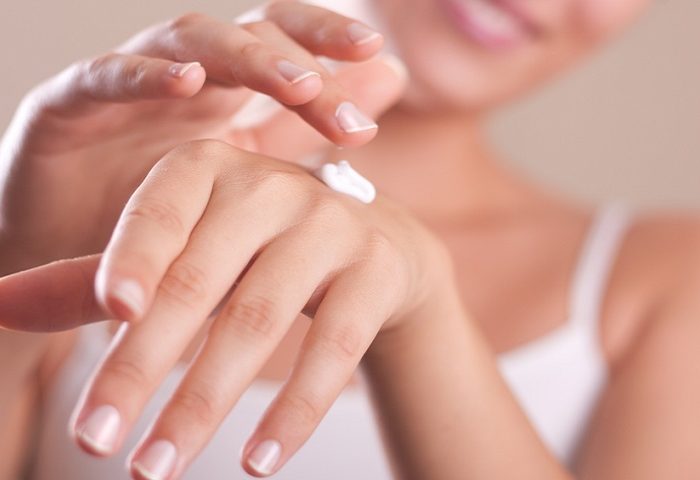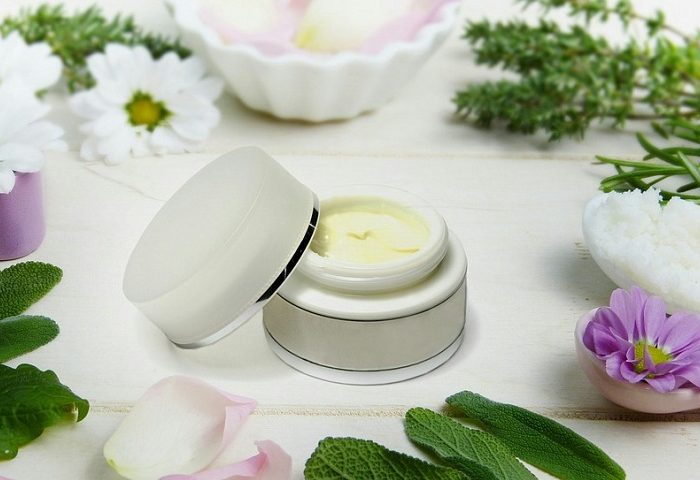What is Candida Yeast Infection?
A yeast infection can be an uncomfortable problem for many people. It is most commonly caused be an overgrowth of a type of yeast called Candida. Should you suspect an infection, you should arrange a consultation with your doctor. In the meantime, here are some of the top 10 key ways you can reduce your risk of infection naturally and easily.
#10 Garlic
 Garlic offers strong antifungal properties, and when crushed, a substance called allicin is released. Allicin has been shown to fight Candida in mice, and whilst it is slightly less effective than some antifungal drugs, it is easy (and tasty) to incorporate into your daily diet. Studies are yet to confirm if allicin can work to prevent yeast infections in humans but it may work alongside other treatments.
Garlic offers strong antifungal properties, and when crushed, a substance called allicin is released. Allicin has been shown to fight Candida in mice, and whilst it is slightly less effective than some antifungal drugs, it is easy (and tasty) to incorporate into your daily diet. Studies are yet to confirm if allicin can work to prevent yeast infections in humans but it may work alongside other treatments.
On a final note – Garlic is an easy plant food to add to your diet, but more studies need to be undertaken before we can understand its full potential.
#9 Oregano Oil
Natural oregano oil can be incredibly useful in fighting yeast infections. Place a few drops on a teaspoon and swallow it down on a full stomach, ideally after a meal. Do this 2-3 times a day to help clear infection.
On a final note – Oregano oil is a safe and natural way to minimize the unpleasant effects of a Candida yeast infection.
#8 Wear Loose Clothing
Yeast thrives in moist, warm environments. Keep clothing loose and avoid fabrics such as polyester and lycra, instead, stick to natural cotton and linen to allow your body to breathe.
On a final note – Avoid giving Candida yeast the desirable environment to grow by wearing natural, breathable fabrics such as cotton and linen.
#7 Use Natural Soaps and Cleansers
 Many soaps actually strip the body of the protective oils that prevent yeast infections from forming. This is especially true of feminine hygiene products which can cause a disruption in the pH levels within the vagina. When showering or bathing try to use natural and organic products to keep the balance under control.
Many soaps actually strip the body of the protective oils that prevent yeast infections from forming. This is especially true of feminine hygiene products which can cause a disruption in the pH levels within the vagina. When showering or bathing try to use natural and organic products to keep the balance under control.
On a final note – Avoid harsh, toxic chemicals when cleaning, especially in the vaginal region as this can cause Candida yeasts to thrive and grow.
#6 Lower Your Sugar Intake
Candida yeast thrives on sugar, and will grow faster when it is readily available. If you have an increased amount of sugar in your bloodstream, you could be increasing your chances of developing a yeast infection. Studies on humans seem to offer conflicting results and the exact repercussions of a high sugar diet in regards to Candida yeast infections are unclear. However, reducing sugar intake has a plethora of other health benefits that it’s well worth it to watch how much you ingest.
On a final note – A low sugar diet offers many benefits, but it is yet to be confirmed if these benefits extend to the prevention of Candida yeast infections, even though Candida yeasts prefer high sugar environments.
#5 Probiotics
 Our bodies produce a range of ‘good’ bacteria in the gut that help defend against Candida yeast infections, but there can be times when the balance of bacteria gets a little off kilter. Antibiotics are known to kill some of this beneficial bacteria, so if you are susceptible to yeast infections, you need to work a little harder to keep the balance. Probiotics can be found in fermented foods such as yogurt or other foods that contain live cultures. They can also be found in supplements and are an easy way to restore the bacteria balance in the body.
Our bodies produce a range of ‘good’ bacteria in the gut that help defend against Candida yeast infections, but there can be times when the balance of bacteria gets a little off kilter. Antibiotics are known to kill some of this beneficial bacteria, so if you are susceptible to yeast infections, you need to work a little harder to keep the balance. Probiotics can be found in fermented foods such as yogurt or other foods that contain live cultures. They can also be found in supplements and are an easy way to restore the bacteria balance in the body.
On a final note – Probiotics are a useful way to help the body restore the population of beneficial bacteria, but you need to be careful that when you add them to your diet you do so without adding extra sugar as well.
#4 Coconut Oil
Lauric acid is an antifungal and antimicrobial fatty acid that is found in high levels in coconut oil. In fact, around 50% of coconut oil is lauric acid, making it one of the highest food sources out there. Eating a spoonful of coconut oil may not be your thing, but try adding some to your cooking or using it as a mouthwash via a method known as oil pulling.
On a final note – Studies regarding the effectiveness of lauric acid on Candida yeast infections are yet to be undertaken in humans, but test tube experiments offer positive results.
#3 Curcumin
 Found in turmeric, curcumin may act as a preventative measure for Candida yeast infections as it has been shown to slow the growth of Candida yeasts; it can potentially even kill the culprit. Tests are yet to be carried out on humans, but test tube studies have alluded to the fact that curcumin may be more effective than some common antifungal drugs.
Found in turmeric, curcumin may act as a preventative measure for Candida yeast infections as it has been shown to slow the growth of Candida yeasts; it can potentially even kill the culprit. Tests are yet to be carried out on humans, but test tube studies have alluded to the fact that curcumin may be more effective than some common antifungal drugs.
On a final note – Turmeric provides a range of positive health benefits so adding some to your diet for the potential benefits of curcumin may be worth your while. Just keep in mind the accuracy of results in humans is yet to be determined.
#2 Cranberries
Cranberries and cranberry juice are a well-known way to deal with bladder and urinary tract infections, but they can also play an effective way in treating yeast infections. Cranberries can be eaten on their own or gulp down unsweetened cranberry juice to help balance the pH levels in your body, thus reducing infection.
On a final note – Cranberries are rich in antioxidants and are an easy, natural remedy to fight Candida yeast infections.
#1 Reduce Stress
This is something that you probably hear plenty about. A stressful lifestyle can have a major impact on our health. Whilst our bodies naturally have Candida yeast, stress can cause it to grow in excess, putting the immune system out of balance. Take some time to relax, meditate, exercise or try some yoga to effectively lower those stress levels.
On a final note – Stress can impact our lives in many ways, be sure to take it easy and reduce the risk of excessive Candida yeast growth as it can result in an unpleasant infection.
We hope that these natural and easy remedies will work for you. It is important to understand your body and know what works for you as an individual. Our ten tips will be sure to leave you feeling spritely and infection free.





